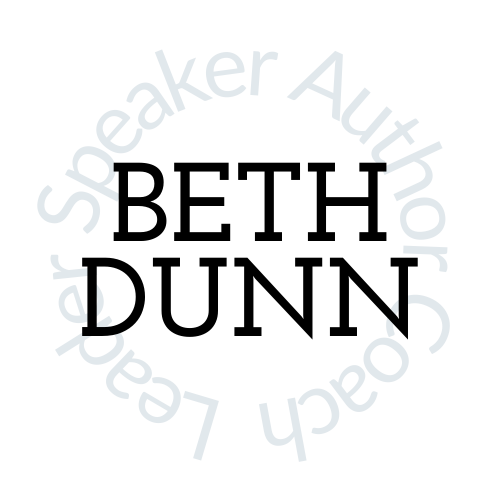[youtube=http://www.youtube.com/watch?v=4-lGe5MnBlY]
faith, trust, and charity
There's been a lot of discussion lately about what we mean when we talk about the importance of transparency and authenticity, as organizations doing business in social media space. Jeremiah Owyang just gave this question prominence on his web strategist blog, as part of his Social Media FAQ series.
He lists these signs that an organization is being authentic, transparent, or human in their social media:
Training and entrusting employees to build real relationships using these tools Admitting when you’re wrong Asking the community for help, working with the community to build better products Showing your strengths –and weaknesses –in a public forum Showing more of unique side of the employees (that you invested in) in addition to your products, technology, and services Realizing the brand is actually owned by the community and not just the MarCom brand police
Excellent points -- and a lot of these points boil right down to trust and honesty. It's not really much more complicated than the Golden Rule. If you treat your community online with respect, you are likely to be treated with respect in return. If you provide your community with value, they will see value in your brand.
If, however, you try to "game" the system, you will in turn be gamed.
In this new world of conversational media, trust between an organization and its community is paramount.
Here are some great ways to violate that trust before you're even out of the starting gate:
- Write your blog like you're a lawyer for the defense. CYA, CYA, CYA.
- Argue with those who hold less-than-stellar opinions of your organization.
- Delete negative comments.
- Use social media as a PR outlet, only posting when it's to direct traffic to your blog or corporate site.
Alternatively, you can choose to engender trust in your online community:
- Write with a human voice - preferably, your own.
- Listen to negative comments, thank them for constructive criticism, and respond thoughtfully and respectfully.
- Have faith that your employees will behave like adults and act with discretion in their social media space*
- Trust your customers/members/community to respect you for being open and for showing your weaknesses
- Be honest when you make a mistake or need to correct an omission
Shel Israel and Robert Scoble's book Naked Conversations offers several instructive examples of organizations who acted deceptively, or sometimes just too slowly, to respond to negative reactions in their social media space. If you haven't read it, consider doing so soon. Remember that you are always free to learn from other people's mistakes, and can thus (hopefully) avoid making them yourself altogether.
As we are witnessing right now with baseball players handling -- or mishandling -- charges of steroid use, it isn't so much the crime that does you in, it's the cover-up.
Jeremiah also brought my attention today to a great post by Bokardo about what happens when you get involved in social media with your brand, and with your organization:
Giving people a platform for expression doesn’t necessarily create buzz and demand. It only amplifies what the opinion was in the first place.
In other words, if you give people a platform for expression and:
- If your product sucks, the resulting conversation will be about how much it sucks.
- If your product is great, the resulting conversation will be about how great it is.
In other words, it’s better to think of social media tools as amplifying customer opinion rather than improving it.
How do you show your community, your employees, your online folks that you trust them? How has that worked for you?
